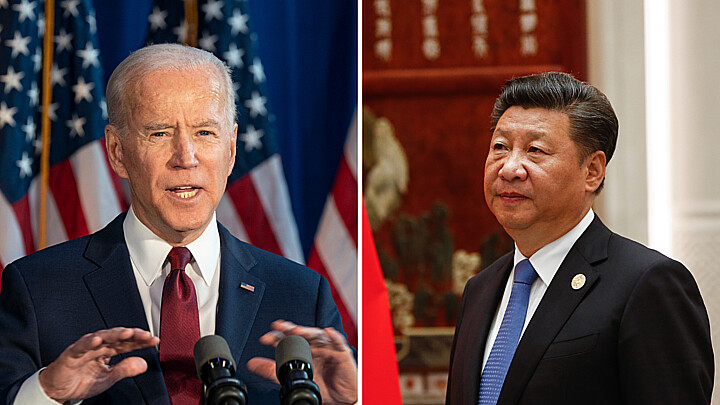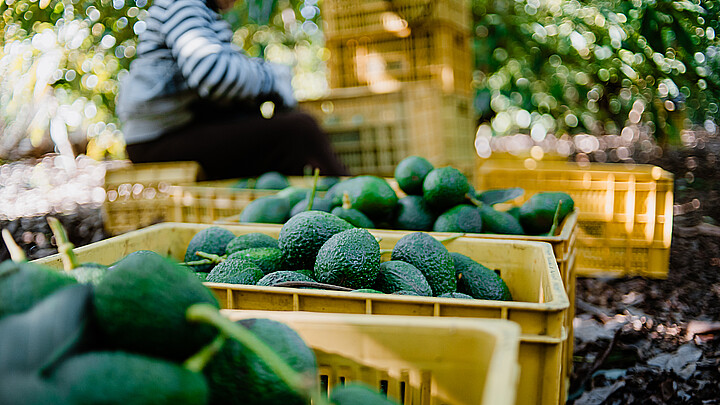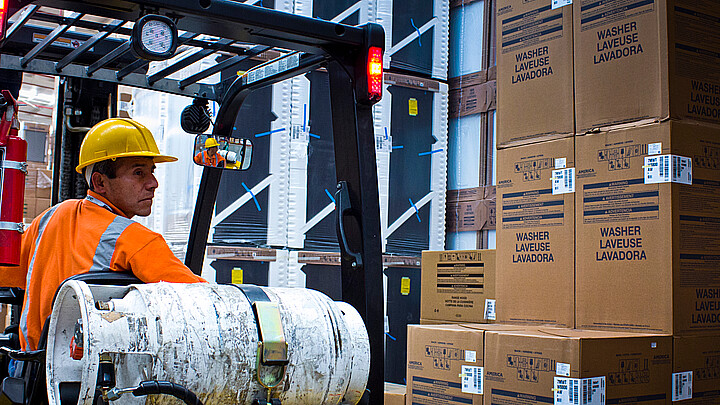Business
Officials consider U.S.-Mexico-Canada railway system to create free trade opportunities
Texas state officials met with Mexican representatives last week in an effort to save a plan that would connect Mexico and the U.S. with Canada via a transnational railway system designed to increase free trade opportunities
September 1, 2022 11:20am
Updated: September 1, 2022 2:58pm
Texas state officials met with Mexican representatives last week in an effort to save a plan that would connect Mexico and the U.S. with Canada via a transnational railway system designed to increase free trade opportunities.
Texas Agriculture Commissioner Sid Miller met via video teleconference with Mexican Economic Minister Tatiana Clouthier Carrillo, hoping to sway officials to reconsider Texas as the most viable connection point for the planned T-MEC Corridor rail and port expansion.
The railway was originally planned to have a port in Laredo, but due to enhanced security at the border, the Mexican government considered rerouting the project through New Mexico instead of Texas.
The Mexico-United States-Canada Treaty, also known as T-MEC, is an agreement between the three countries that establishes free trade rules to avoid tariffs and simplify customs procedures.
The 4,421 mile (7,115 kilometer) railway would connect Mazatlán, Mexico, to Winnipeg, Canada, providing economic opportunities for cities along the route.
Although there are additional truck inspections at the Texas border, Miller asked Clouthier Carrillo to reconsider the Lonestar state as a thoroughfare, insisting it would have a positive economic impact.
“Texas has the number one port for trade in the United States in Laredo, followed by Pharr and Eagle Pass,” Miller said. “This will have a long-term effect on trade and the revised plan will be much more costly with far-reaching economic and logistic impacts.”
Both parties agreed the meeting was a step in the right direction for the two countries.
“I appreciate the economic minister’s time and attention to this very serious issue,” Miller added. “There is much more to be discussed and I know we can demonstrate the advantages of the Texas route for both countries.”
The agriculture commissioner said he believes Texas and Mexico have a positive relationship through agriculture, a relationship he would like to maintain, but said he knows they need to make decisions that will benefit everyone in the long run.
“We have a great working relationship at the border, and I still believe that the best path for goods from both countries is through Texas due to our existing infrastructure for both rail and truck transport,” Miller stated. “These decisions will impact the United States and Mexico long after any government official currently serving leaves office. Both nations must get this right.”










